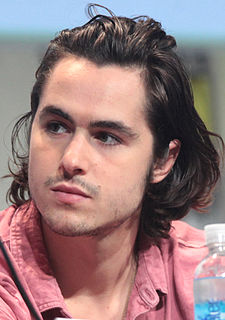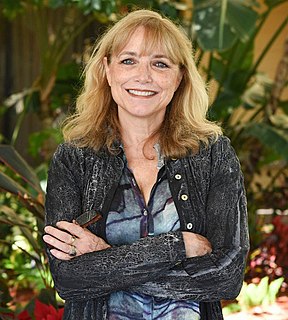A Quote by Andy Serkis
I have a company in the U.K., a performance-capture studio. We're looking to push the boundaries of performance-capture technology in film and video games, but also in live theater, using real-time performance capture with actors onstage, and combining that with holographic imagery.
Related Quotes
Motion capture is exactly what it says: it's physical moves, whereas performance capture is the entire performance - including your facial performance. If you're doing, say, martial arts for a video game, that is motion capture. This is basically another way of recording an actor's performance: audio, facial and physical.
My belief about performance capture is that it's a technology which allows actors to play extraordinary characters. But from an acting perspective, I've never drawn a distinction between playing a conventional, live action character and playing a role in a performance capture suit. And from a purely acting point-of-view, I don't believe there should be a special Oscar category because I think it sort of muddies the waters in a way.
In 'Uncharted,' we do the scenes the same way you would do a film or television show. The motion capture - the performance-capture process - is what makes such a difference for this franchise. So I don't approach it any differently. The other actors and I go in and rehearse scenes together, and then we go in the next day and perform.
It's really up to the acting community to be willing to be educated about what performance capture is in order to fully appreciate it as acting. It's not a type of acting, but rather the use of technology to harness an actor's performance and translate it into an ape, another animal, or an avatar of some kind.
In the theater, actors are the essential element of the work. In a film, it's a real collaboration - not that theater isn't, because it is - but it's a collaboration to such an extent that you can give a performance in film that sometimes you look at and you go, "Well, that's not the performance I was trying to give at all."


























